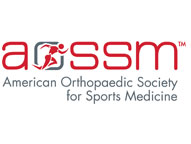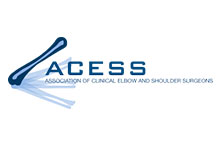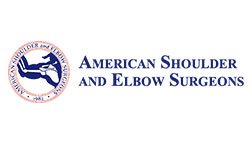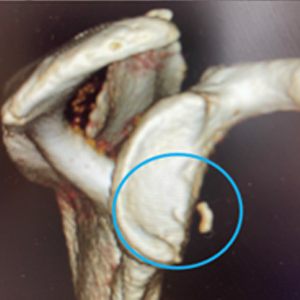
CAUSES
- Extensive dislocation history
- Failed previous arthroscopic shoulder surgery
- Recurrent trauma causes shoulder socket (glenoid) bone loss
SYMPTOMS
- Pain
- Sports cause dislocation
- Shoulder easily dislocates, even with every-day activities
PREOP
- X-ray
- MRI Scan--Evaluate Labrum, sometimes contrast is used.
- 3D CT scan, evaluate glenoid bone loss
RECOVERY
- 10 days suture removal
- 4 weeks sling
- 4- 6 months physical therapy 2 x per week.
- Expectation is excellent range of motion and minimal to no pain with return to full activity
TECHNIQUE
- In a Latarjet surgery the coracoid process is transferred to the front of the glenoid and
- In a DTA surgery a distal tibial allograft is shaped and fixed to the glenoid with two screws.
- Both surgeries replace bone on the front of the glenoid to prevent further dislocations
DAY OF SURGERY
- Nerve block anesthesia
- 1-2 hour surgery
- Outpatient
WHEN TO HAVE SURGERY?
- Many dislocations
- Sports difficult
- Failed previous surgery
SUCCESS RATE
- 95 %
COMPLICATION RATE
- 10-15 %
- Nerve, graft or hardware problems
-
Glenoid Bone Loss CT

-
Latarjet Surgery

-
DTA Surgery
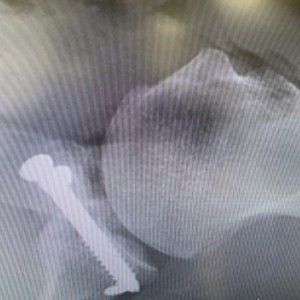
Questions?
Email Dr. Gamradt - [javascript protected email address]
[javascript protected email address] Office Phone:



